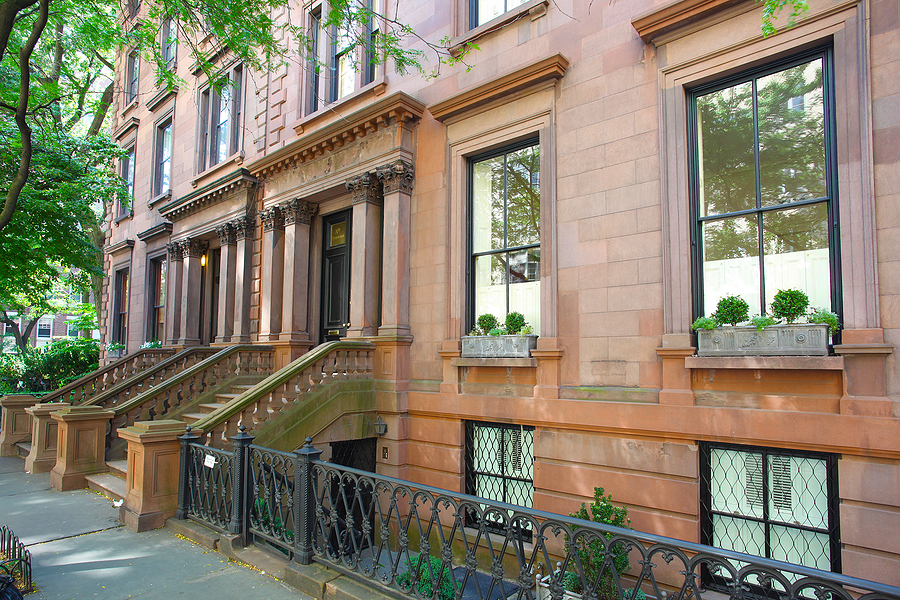Legal Considerations for NYC Basement Rentals: What Every Landlord Should Know

Basement apartments in New York City have received extensive press as a potential solution to relieve the city’s ongoing housing crisis. These subterranean spaces appeal to many tenant groups for a range of reasons. Private entrances translate into greater privacy for basement apartments. Many people prefer the ground-level location to apartments in walk-up buildings. Plus, basement apartments typically cost less.
For building owners, converting and renting a basement apartment can help increase the property’s income potential. The trick, however, lies in ensuring that the basement conversion complies with the city’s health and safety standards.
New York has attempted to launch pilot programs to legalize existing basement apartments and help owners bring the spaces into compliance. City authorities are also considering code changes that would allow the creation of more basement apartments. In the meantime, however, property owners need to meet the following standards to rent basement apartments.
Understanding the Legal Requirements for Basement Rentals in NYC
Certain basement rentals in New York City are legal, while others are not. But first, it’s important to understand what a basement is and isn’t.
New York City classifies subterranean spaces as either basements or cellars. While many people use those terms interchangeably, according to New York City law, the two words are not, in fact, synonyms.
- A basement describes a partly submerged story with at least one-half of its height above curb level.
- A cellar refers to an enclosed space with more than one-half its height below curb level.
Basements can be legally occupied and rented. New York City law prohibits the rental of cellars, and these spaces cannot be legally used for sleeping, eating or as primary living spaces.
The main factors that determine the legality of a basement apartment include ceiling height, ventilation and egress.
Is Your Basement Apartment Compliant? Safety and Health Standards
Assuming the apartment is a basement and can be legally rented, it must meet the following safety and health standards:
- The ceiling height meets minimum requirements, depending on when the building was constructed.
- The space must comply with the Housing Maintenance Code for minimum room size.
- Lighting, ventilation, sanitation and egress meet NYC Department of Building requirements.
- The space must have a separate entry and exit.
- Every room must have at least one window, with the window sill at least six inches above the bottom of the yard or other open space.
- Walls and ceilings are built of a light-colored material or are painted white or some other light color.
- Walls must be damp- and water-proofed if the NYC Department of Housing Preservation & Development (HPD) determines that subsoil conditions require such treatment.
Also, basement apartments can be rented only if occupied by a single family and do not include boarders.
Two-Family Homes: Basement Rentals Require New COs
Owners of a two-family dwelling who convert a basement space into an apartment need to file for a new certificate of occupancy. Adding a basement dwelling changes the status from a two-family building to a multiple dwelling (three-family or more). Multiple dwellings are required to meet additional safety requirements under the New York City Housing Maintenance Code, including the following:
- Posting notice of a fire escape plan.
- Providing and installing smoke and carbon monoxide (CO) alarms. (Detectors should e tested and maintained by the tenant.)
- Keeping exits clear and unobstructed.
- Providing stove knob covers for gas-powered stoves where they know or reasonably should know that a child under the age of six resides.
- Installing self-closing doors in all residential buildings with three or more apartments. Apartment doors must open from inside without a key.
No one may legally occupy an apartment until the Department of Buildings (DOB) has issued a CO or Temporary Certificate of Occupancy (TCO). There is no workaround, so don’t even think about having tenants move in while the paperwork is pending.
In short, basement apartments must meet all requirements imposed on aboveground apartments. Requirements are not waived because an apartment is defined as a basement.
Talk to An Insurer Before Converting or Renting a Basement Apartment
Don’t just assume that an existing insurance policy will cover a newly converted basement or a basement being rented for the first time. Both of these factors could affect your current policy. To avoid unnecessary expenses and issues, talk to a knowledgeable agent/broker before beginning work or renting any basement space to ensure the proper coverage.
If you have specific questions about requirements for renting basement apartments, contact the New York City Department of Buildings or consult the New York City Housing Maintenance Code. For insurance-related questions concerning your property, call us at 877-576-5200 or send us an email.

